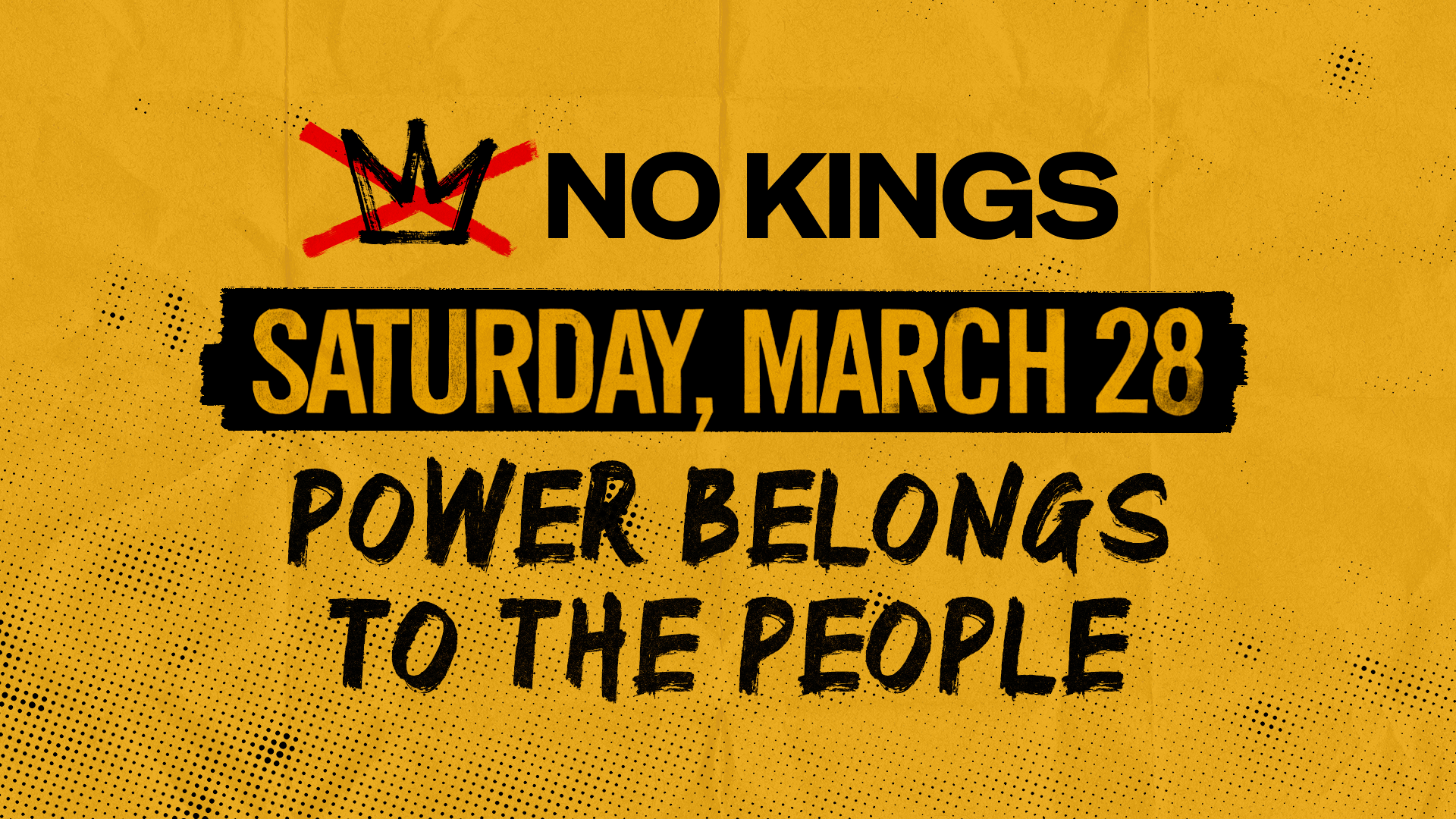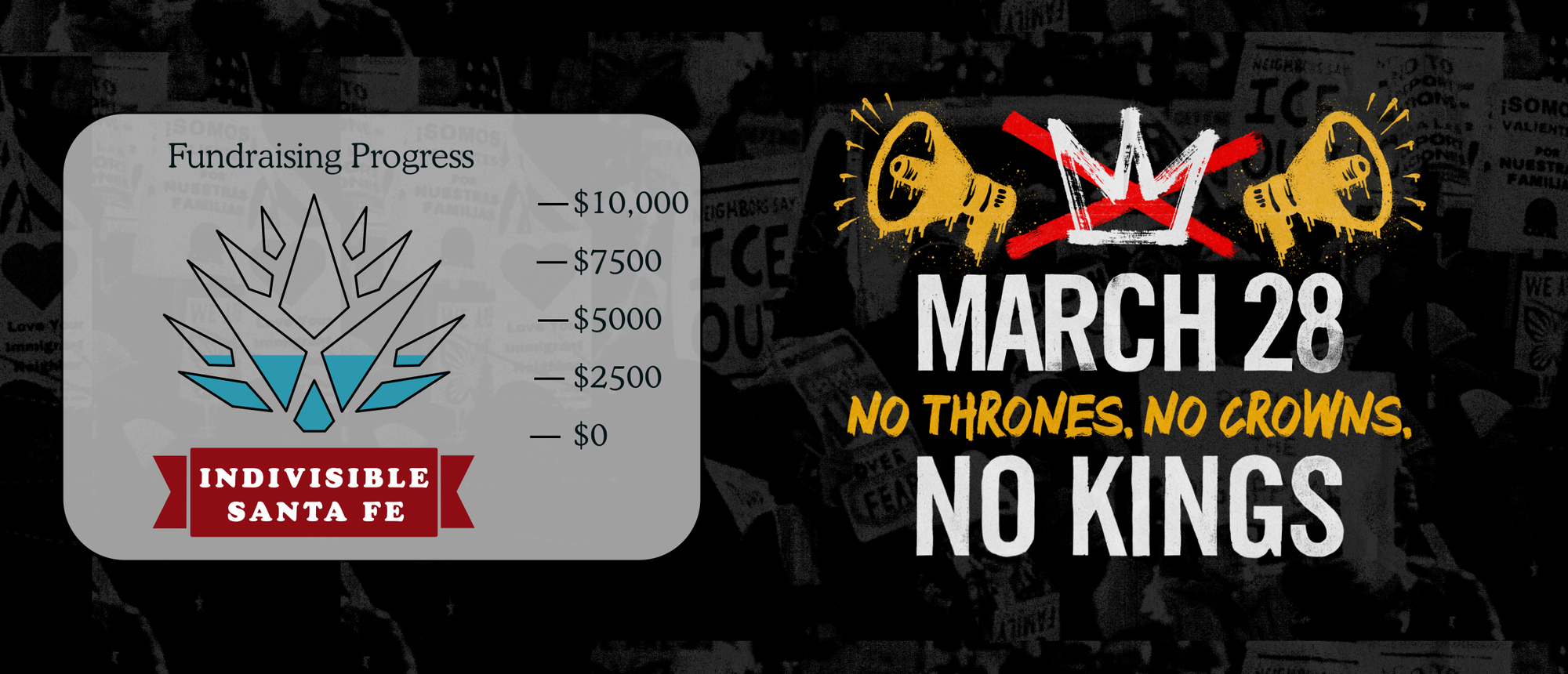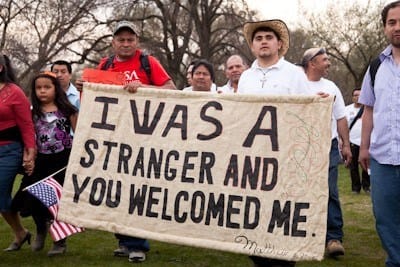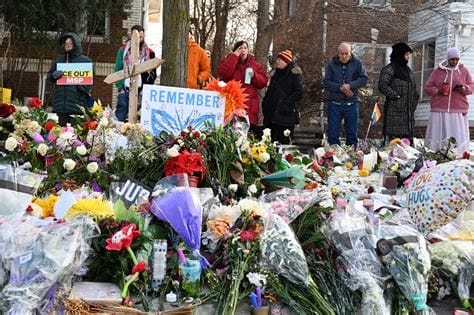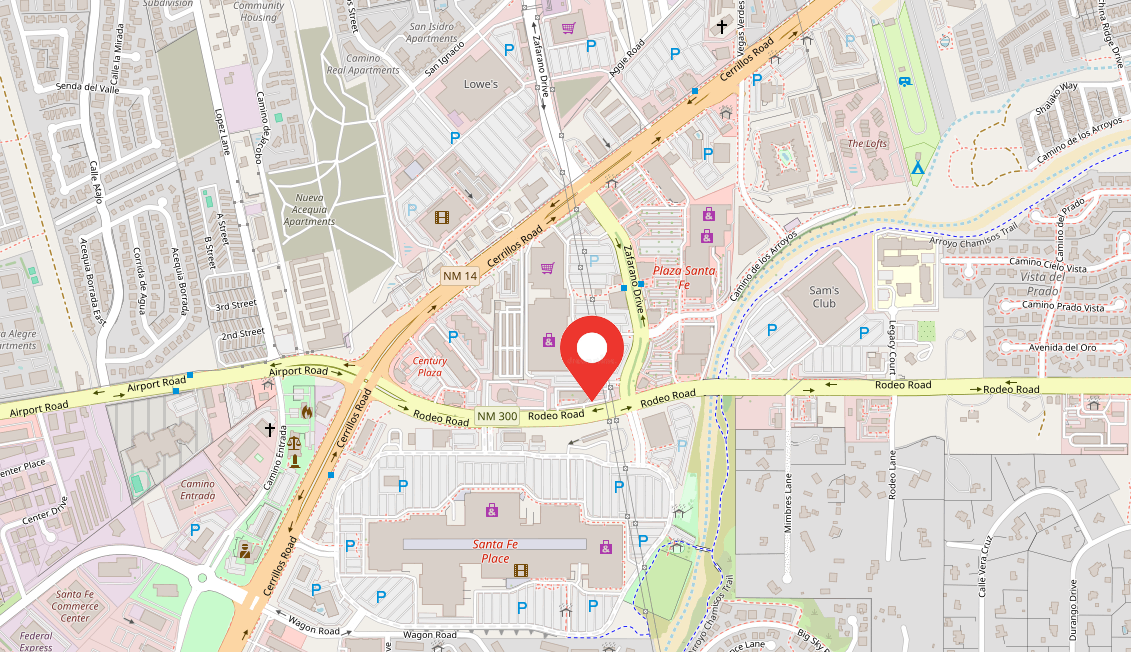With all the protests happening around the country, some people have been asking what good they do. One friend asked me, “What changed after No Kings?” Others simply scoff. The president doesn’t care, protests are only about making the protesters feel they are doing something, nothing will ever change.
The questions, however reasonable, betray a lack of understanding of how change occurs in political environments. For one thing, protests, however necessary, are not sufficient, and change takes time. No single intervention is likely to succeed on its own. To achieve change—and the bigger the change, the truer this is—you require a whole set of tools.
But protests not being sufficient does not mean they are unimportant. This is an important message to repeat to those who have worked themselves into a state of despair or apathy, and then—perhaps to assuage their own guilt at doing nothing—criticize those of us who do attend (and organize) protests.
Perhaps most important, silence can too readily be taken as acquiescence. Protests won’t change policy but they do make it harder to claim that the policies are popular. And that’s important. Trump clearly wishes to be popular—all those times he’s called himself “your favorite president” should make that clear. He hates protest. It gets under his skin.
Protest also helps enable those resisting the current authoritarian regime. When they see that public opinion is on their side—not simply as measured in polls, but in the willingness to forsake the comfort of home to go out and join a protest--it is easier for them to act.
And hey, protests are fun. They show people that they are part of a community which shares similar concerns (and has a lot more creativity and a much better sense of humor than the other side). In scary times, and in a generally isolating society (people get into their cars, drive to work, drive home—often experiencing little social interaction with others), it is vital that we form communities. When people join a protest, they stand shoulder to shoulder, reading and laughing at each other’s signs, shouting slogans together, experiencing the joy and power of community.
On the 23rd of June, I went a bit over the top on protests. I started at the protest against Linda McMahon and her disastrous plans for public education. For those of us who enjoy making noise, the license to do so in public was pure bliss. Marching with others, blowing my whistle, chanting, as those around me beat pots and shouted, I felt their anger but also the euphoria of connection.
Together we marched from the El Dorado to the Inn and Spa at Loretto, which shamefully welcomed the anti-trans tourist bus of the Independent Women’s Forum. I marched next to a young woman. We didn’t say a word to each other, but together we chanted “Heigh heigh, ho ho, Linda McMahon has got to go” the entire way, occasionally turning to smile at each other. Connection! When we reached Loretto, we disappeared into the crowd of protesters. More joy, more togetherness, more visible support for the threatened community.
After a brief rest, I joined the vastly larger protest for public lands. The speakers animated the crowd. When we marched together to the El Dorado, the passion of the crowd was tangible. It was again a great feeling to be among so many people all concerned—and vocal—about the same issue.
Which brings me to another reason that protests are so important. Those affected by atrocious policies can feel ignored and forgotten. They may worry that nobody cares about them. Solidarity takes many forms; standing up for others—visibly, loudly, and yes, joyfully—is one.
Let's also remember that the regime wants us to be scared. Overwhelmed. Depressed. Despondent. When we show not only our resistance but our ability to laugh at our tormenters, we gain strength and they grow ever weaker. Ridicule of dictators is an important tool in their downfall. Protests are an important place to demonstrate our courage and to engage in healthy ridicule.
So yes, protests are important, and also...size matters. When we see the photos of packed streets in Chicago, New York City, and Los Angeles, the swelling masses send a clear message. When we compare the animated crowds of No Kings to the empty bleachers at Trump’s pathetic military shuffle, the contrast speaks for itself. People want to be associated with the winners. Big protests indicate big power and the possibility of success. Seeing swelling crowds can cause people to doubt their confidence in the regime, and can cause politicians to see that they are better off switching to our side or at least refusing to cooperate with tyranny. But without the crowds turning up for protests, we do not have the same visual tools to show how strong our side is.
Again, protest is not in itself sufficient. Many other actions are needed: calls to elected officials, letters, and phone banks. Economic boycotts against Tesla, Target, and—I hope soon—many other big corporations. If you can afford to do so, I would argue that you should avoid all big box stores and Amazon, and do your best to buy what you need from the farmers market and local shops. (Their prices are higher because they don’t receive huge government subsidies or shift their cost externalities onto the general public.) There is the possibility of a general strike or other forms of civil disobedience. Always non-violent, obviously, but if you want to hurt those in power, you need to aim for their wallets.
All those actions are important, but many of them occur in isolation, in your own home. We need connections. We need to build community on the ground, in physical spaces, through shared activities. We build community when we hand out leaflets and talk up Indivisible, when we work together to plan different activities, and when we recruit people new to protesting to join our movement in more significant ways. When we unite, we celebrate together the power of the people.
As for the joy, it is absolutely essential. This is a marathon, not a sprint; it is going to require persistence, strategy, and showing up in many different ways. How do we recruit people? How do we keep them motivated? Partly by creating opportunities to come together, make some noise, and feel the joy of protest.




